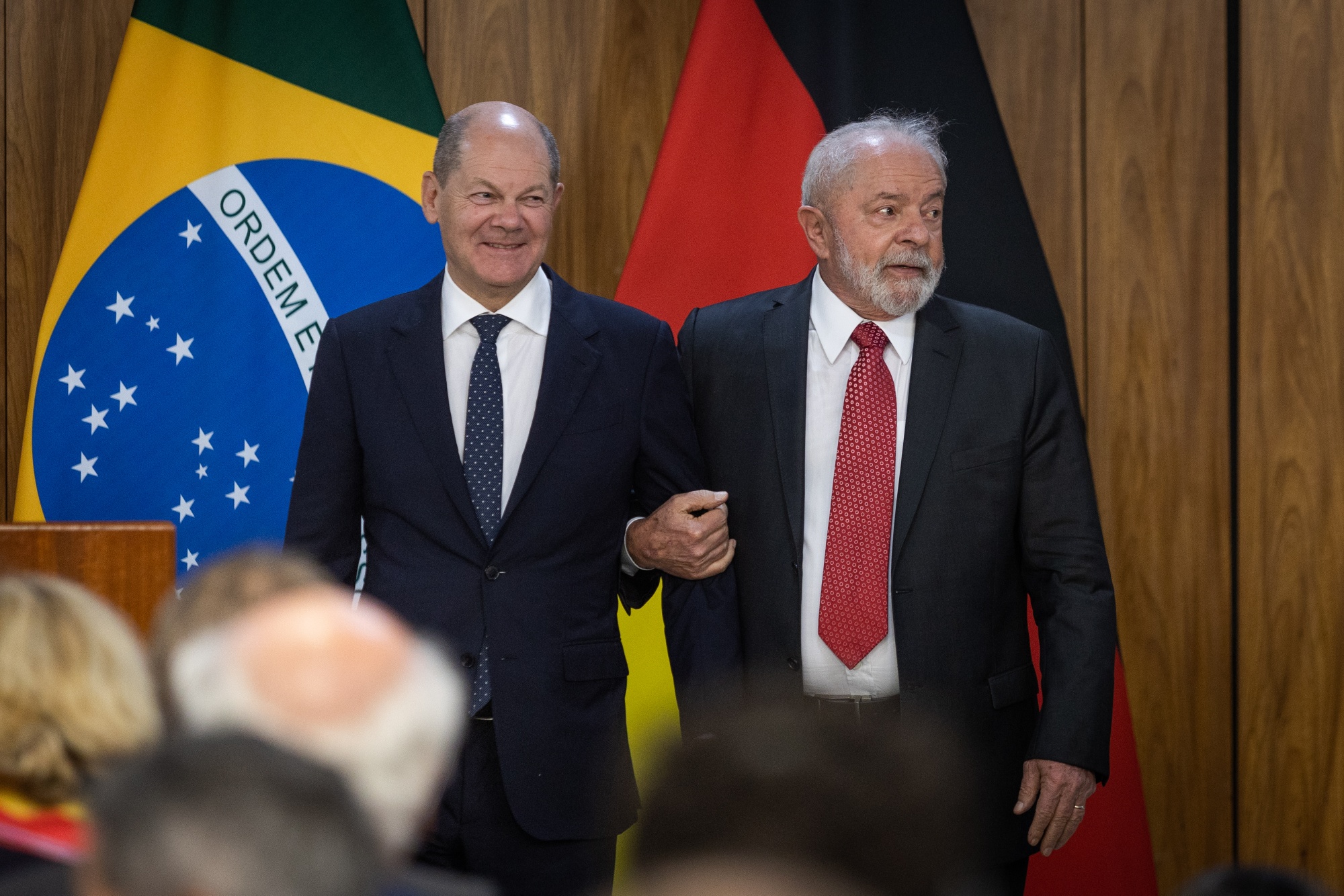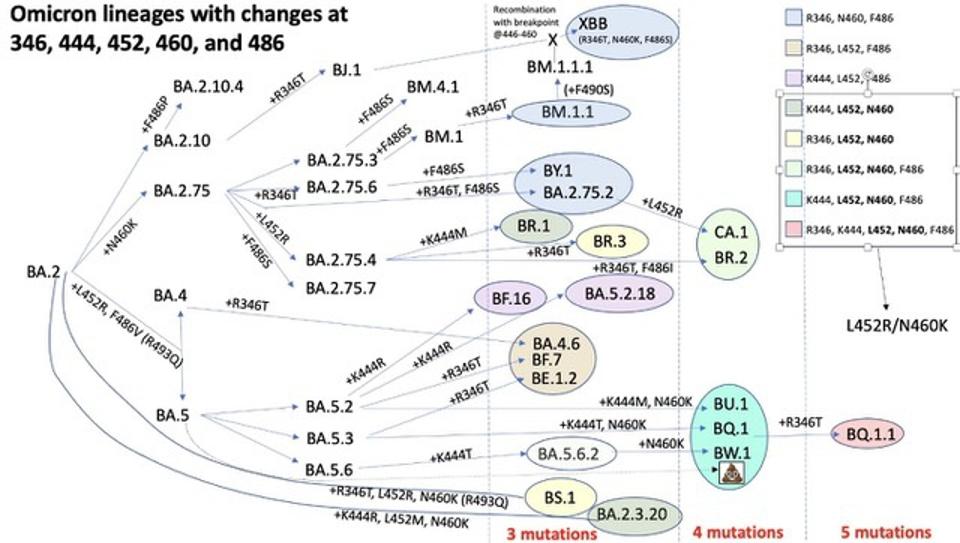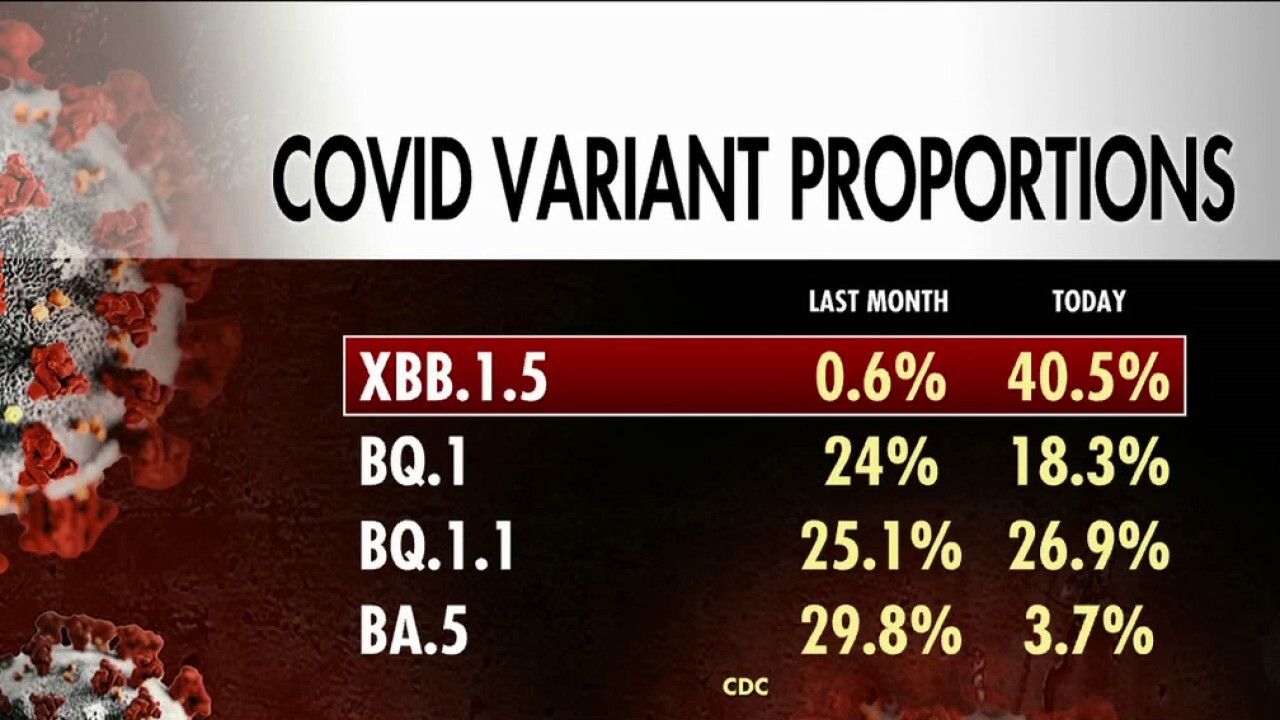Investigating The Link Between COVID-19 Vaccination And Long COVID

Table of Contents
This article explores the complex relationship between COVID-19 vaccination and the development of Long COVID, also known as post-COVID-19 syndrome – a debilitating condition affecting millions worldwide. We will examine current research, highlighting the evidence for and against a link, and discuss the implications for public health strategies. Understanding this connection is crucial for optimizing vaccination strategies and improving patient outcomes. The ongoing debate surrounding vaccine efficacy and long-term effects necessitates a thorough investigation into this vital area.
Does COVID-19 Vaccination Reduce the Risk of Long COVID?
Evidence Supporting Vaccination's Protective Effect:
Numerous studies suggest that COVID-19 vaccination significantly reduces the risk of developing Long COVID. These studies, published in reputable journals and reported by organizations like the CDC and WHO, show a lower incidence of Long COVID among vaccinated individuals compared to unvaccinated individuals. This protective effect is observed across various demographics, although the magnitude of the reduction may vary.
- Reduced incidence of post-COVID-19 fatigue: Vaccinated individuals experience significantly less persistent fatigue, a hallmark symptom of Long COVID.
- Lower prevalence of neurological symptoms: Studies indicate a decreased risk of neurological symptoms such as "brain fog," cognitive impairment, and headaches in vaccinated individuals who contract COVID-19.
- Decreased likelihood of cardiovascular complications: Vaccination appears to offer protection against long-term cardiovascular issues, including myocarditis and other heart-related problems, which are potential complications of both COVID-19 and, in rare cases, vaccination.
- Fewer respiratory issues: Long-term respiratory problems, such as shortness of breath and persistent cough, are less common among those vaccinated against COVID-19.
However, it's crucial to acknowledge that the observed protective effects may not be uniform across all studies. Some studies have reported conflicting data, highlighting the need for further research to explain these discrepancies.
Limitations of Current Research and Conflicting Findings:
While the overall evidence leans towards a protective effect of vaccination against Long COVID, several limitations hinder a definitive conclusion.
- Challenges in defining and diagnosing Long COVID consistently: The lack of a universally accepted definition of Long COVID makes comparing results across different studies challenging. Symptom variability and overlapping conditions further complicate diagnosis.
- Difficulty in controlling for confounding factors: Age, pre-existing health conditions, and the severity of initial COVID-19 infection can influence the development of Long COVID, making it difficult to isolate the effect of vaccination alone.
- Limited long-term follow-up data: Many studies have relatively short follow-up periods, preventing a complete understanding of long-term effects.
- Potential for publication bias: Studies showing positive results might be more likely to be published than those with negative or null findings, potentially skewing the overall picture.
Could Vaccination Contribute to Long COVID in Certain Individuals?
Rare Adverse Events and Post-Vaccination Symptoms:
While extremely rare, some individuals have experienced adverse events following immunization (AEFI) that share similarities with Long COVID symptoms. Myocarditis (inflammation of the heart muscle) and pericarditis (inflammation of the lining around the heart) are examples of such rare but serious AEFI, particularly in young males following mRNA vaccines. It's crucial to emphasize that these events are exceptionally rare, and the benefits of vaccination vastly outweigh the risks for the overwhelming majority of people. Distinguishing vaccine side effects from actual Long COVID symptoms can also be challenging, requiring careful clinical assessment.
The Role of Individual Factors and Immune Response:
Individual factors play a significant role in determining susceptibility to both COVID-19 and Long COVID, regardless of vaccination status.
- Genetic predisposition to Long COVID: Genetic variations may influence an individual's immune response and susceptibility to developing Long COVID.
- Influence of pre-existing autoimmune conditions: Individuals with pre-existing autoimmune conditions may be at higher risk of developing Long COVID, and the effects of vaccination on this risk require more research.
- Variations in immune response to the vaccine: The effectiveness of the vaccine varies among individuals, with some having a weaker or more atypical immune response. These variations might influence the risk of developing Long COVID after infection.
Future Research Directions and Clinical Implications
Needed Research to Clarify the Link:
Further research is essential to fully understand the relationship between COVID-19 vaccination and Long COVID. This includes:
- Larger, longer-term studies with standardized Long COVID definitions: Large-scale studies with consistent diagnostic criteria are needed to provide more robust evidence.
- Investigation of specific immune responses to vaccination and their correlation with Long COVID risk: Research into the specific immune responses elicited by different vaccines and their association with Long COVID is crucial.
- Studies exploring the effectiveness of different vaccine types in preventing Long COVID: Comparative studies examining the effectiveness of various vaccine types in mitigating Long COVID risk are necessary.
- Research on potential therapeutic interventions for Long COVID in vaccinated individuals: Research is needed to develop effective treatments for Long COVID, regardless of vaccination status.
Implications for Public Health and Clinical Practice:
Current research underscores the continued importance of COVID-19 vaccination to reduce overall COVID-19 incidence and severity, thereby lowering the risk of Long COVID. However, this also necessitates improved diagnosis and management of Long COVID, irrespective of vaccination status. This includes:
- Improved diagnostic tools and clinical pathways: Standardized protocols for the diagnosis and treatment of Long COVID are needed.
- Increased access to healthcare services: Individuals experiencing Long COVID require readily accessible, comprehensive healthcare services.
- Development of effective treatments: Research and development of treatments for Long COVID should be a priority.
Conclusion:
The relationship between COVID-19 vaccination and Long COVID remains intricate and requires further investigation. While current evidence strongly suggests that COVID-19 vaccination significantly reduces the risk of developing Long COVID for the majority of individuals, further research is crucial to clarify the nuances of this link and address concerns regarding specific subgroups. Continued research and improved understanding of the mechanisms underlying both Long COVID and vaccine responses are crucial for optimizing vaccination strategies and improving the lives of those affected by this debilitating condition. To make informed decisions about your health, continue to learn more about COVID-19 vaccination and Long COVID. Stay updated on the latest research and consult with healthcare professionals for personalized advice.

Featured Posts
-
 A Malcolm In The Middle Revival What To Expect
May 29, 2025
A Malcolm In The Middle Revival What To Expect
May 29, 2025 -
 Tramp Ipa 10 Kleidia Gia Toys Protoys Treis Mines Tis Deyteris T Hiteias
May 29, 2025
Tramp Ipa 10 Kleidia Gia Toys Protoys Treis Mines Tis Deyteris T Hiteias
May 29, 2025 -
 The China Factor Why Luxury Automakers Face Headwinds In The Chinese Market
May 29, 2025
The China Factor Why Luxury Automakers Face Headwinds In The Chinese Market
May 29, 2025 -
 Bukszafeltaras Tippek Es Truekkoek A Kincskereseshez
May 29, 2025
Bukszafeltaras Tippek Es Truekkoek A Kincskereseshez
May 29, 2025 -
 Lula To Urge Putin For Istanbul Talks With Zelenskyy
May 29, 2025
Lula To Urge Putin For Istanbul Talks With Zelenskyy
May 29, 2025
Latest Posts
-
 Who Warns New Covid 19 Variant Fueling Case Increases Globally
May 31, 2025
Who Warns New Covid 19 Variant Fueling Case Increases Globally
May 31, 2025 -
 Monte Carlo Masters Alcaraz Through To Final
May 31, 2025
Monte Carlo Masters Alcaraz Through To Final
May 31, 2025 -
 New Covid 19 Variant Who Reports Surge In Cases
May 31, 2025
New Covid 19 Variant Who Reports Surge In Cases
May 31, 2025 -
 Analysis New Covid 19 Variant And The Implications For Global Health
May 31, 2025
Analysis New Covid 19 Variant And The Implications For Global Health
May 31, 2025 -
 Alcaraz Through To Monte Carlo Masters Final After Davidovich Fokina Victory
May 31, 2025
Alcaraz Through To Monte Carlo Masters Final After Davidovich Fokina Victory
May 31, 2025
